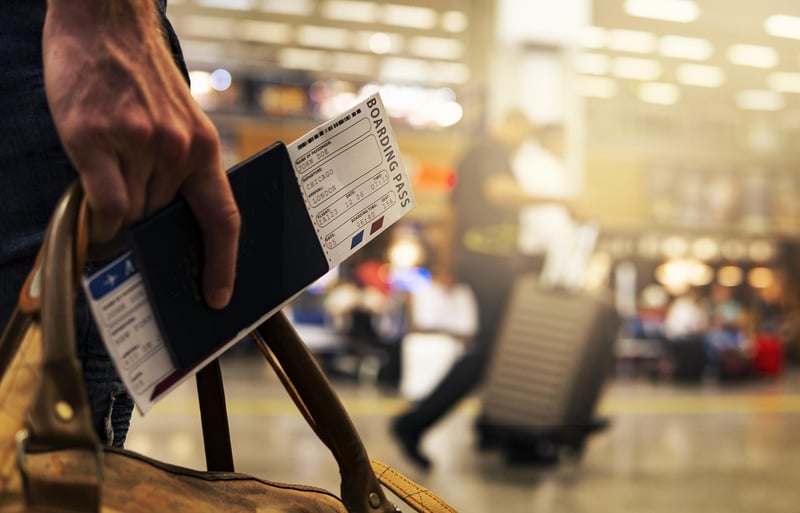Surviving Time Shifts
Essential Tips for Travelers: Surviving Time Shifts

Traveling to different time zones can be an exciting adventure, but dealing with time shifts can often lead to jet lag and fatigue. To make the most of your travel experience and ensure a smooth transition, here are some essential tips for surviving time shifts:
1. Prepare in Advance
Start adjusting your sleep schedule a few days before your trip to better align with the time zone of your destination. This gradual shift can help reduce the impact of jet lag upon arrival.
2. Stay Hydrated
Drink plenty of water before, during, and after your flight to stay hydrated and combat the effects of air travel on your body. Avoid alcohol and caffeine, as they can disrupt your sleep patterns.
3. Get Some Sunlight
Exposure to natural light can help regulate your internal body clock. Spend time outdoors upon arrival at your destination to help reset your circadian rhythm.
4. Nap Strategically
If you need to take a nap to combat fatigue, keep it short (20-30 minutes) and avoid napping close to bedtime to prevent disrupting your nighttime sleep.
5. Stay Active
Engage in light physical activity like stretching or walking to boost your energy levels and combat feelings of drowsiness during the day.
6. Adjust Your Meal Times
Try to eat meals at the local time of your destination to help your body adjust to the new schedule. Avoid heavy or rich foods close to bedtime.
7. Use Sleep Aids Wisely
If necessary, consider using sleep aids or melatonin supplements to help regulate your sleep patterns. Consult with a healthcare professional before using any medication.
By following these tips and being mindful of your body's needs, you can effectively manage time shifts during your travels and make the most of your journey.
Safe travels!
